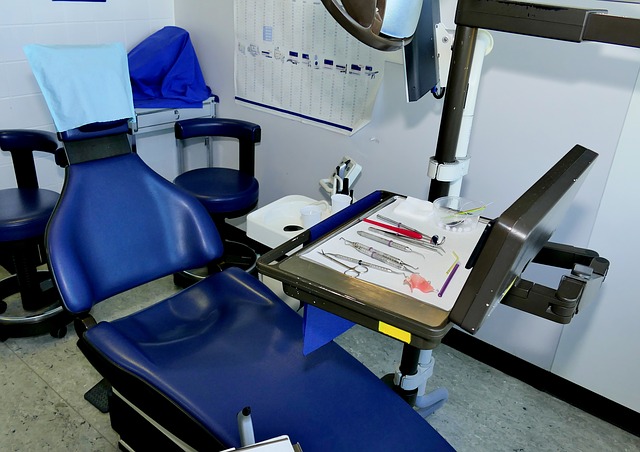The UK is facing a “ticking time bomb” as new data points to a significant decline in the number of adult patients being seen by NHS dentists year-on-year and a rise in the volume of urgent treatment being required.
NHS Digital data revealed while there was a a 42% increase in the number of children seen by NHS dentists within the recommended two year time period, the number of adults seen was down almost 10% year-on-year.
However figures for adults and children getting appointments remain well below normal pre-Covid levels.
According to the data, 16.4 million adults in England were seen for NHS dental treatment in the 24 months up to June 2022. This compared to the 24 months up to June 2021, when 18.1 million adults were seen.
It also marked a reduction of 25% compared to the 24 months up to June 2019, when 22.0 million adults were seen.
There was an improvement in the number of children having check-ups with 5.6 million seen by NHS dentists in the year to June 2022, compared to 3.9 million in the 12 months to June 2021.
However, again when comparing against the pre-Covid period for the 12 months to June 2019 when 7.0 million children were seen, the figure was down 20.2%.
In 2021-22, 26.4 million courses of treatment were delivered by NHS dentists. This was up 120% compared to the previous period which was 12 million, but it remained down 34% compared with the number delivered in 2018-19, which was 39.7m.
Additionally, 3.8 million urgent courses of treatment were delivered in 2021-22, up 5.7% compared to 2020-21 and also up 4.5% compared with the 3.6 million in 2018-19.
Dental practices were instructed by government to close for routine care and provide only urgent treatment on 25 March 2020, as part of Covid-19 restrictions.
Consequently, the most recent reporting period for which NHS Dental Statistics are unaffected by the Covid-19 pandemic was 2018-19.
Ticking time bomb
David Pye, director at independent consultancy Broadstone, described the situation as a “ticking time bomb” as issues like cavities and gum diseases can contribute to far more serious health issues like heart disease, cancer and type 2 diabetes.
“Recent research found that nine in 10 NHS dental practices in the UK are not accepting new patients and access to affordable treatment is the primary concern,” Pye said.
“Many people are unable to afford private fees and this has led to some unthinkably horrific stories of people’s self-treatment of their dental issues.
“As a result of this crisis, we expect to see demand from employees for employers to help via dental insurance plans to grow. It will allow people to fill the NHS access gap with flexible, affordable private care to support their health.
“The benefits for employers are evident: better health, reduced absenteeism and therefore higher productivity from their workforce. But businesses will also need to carefully manage their private healthcare costs and exposure to future premium reviews as the use of cover becomes more common.”
